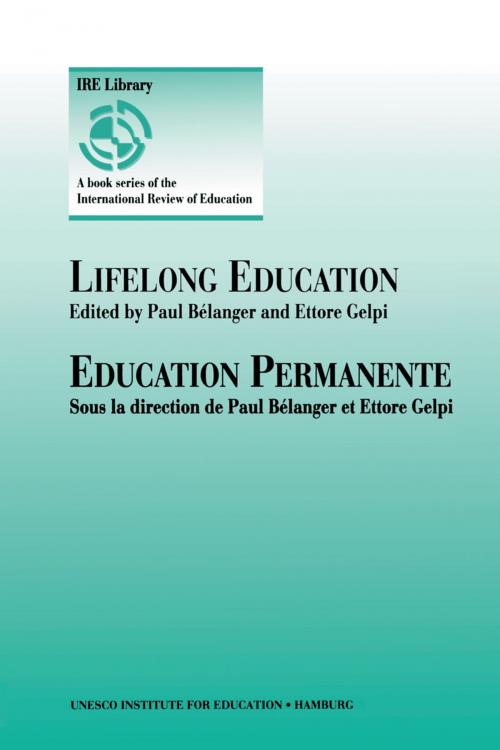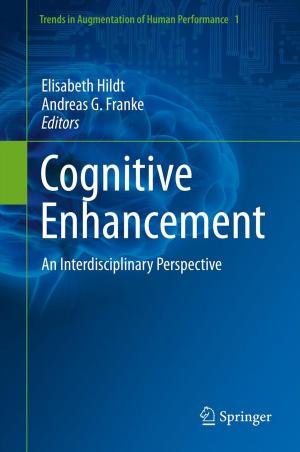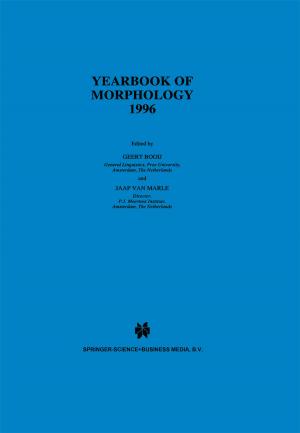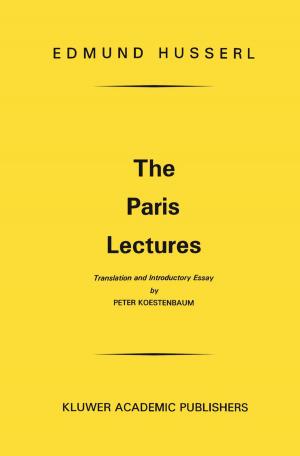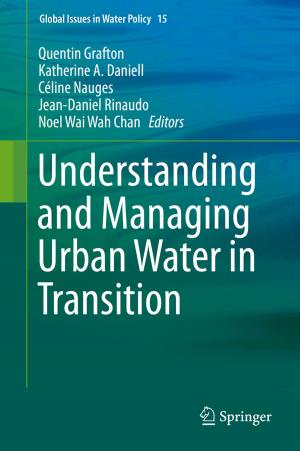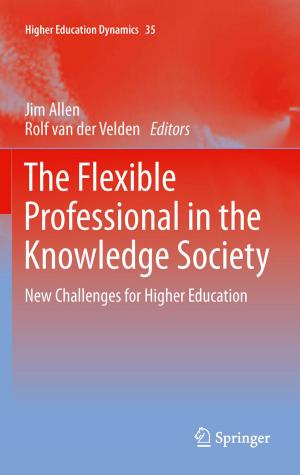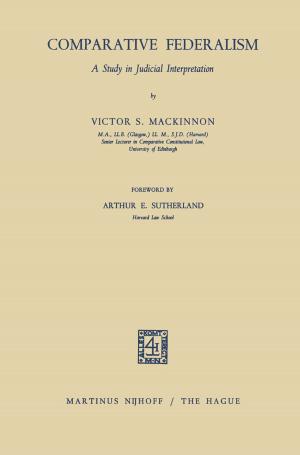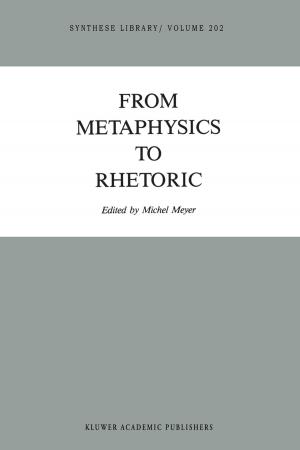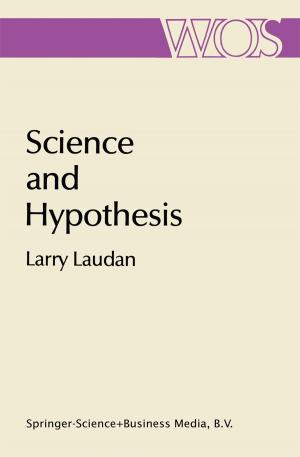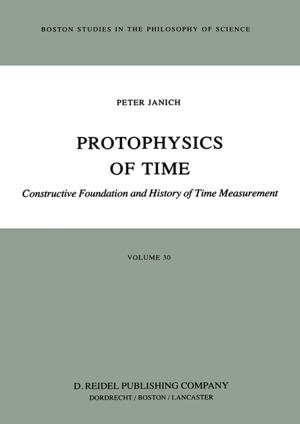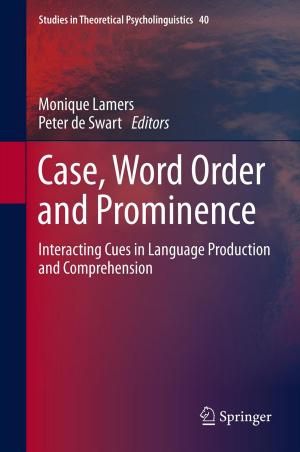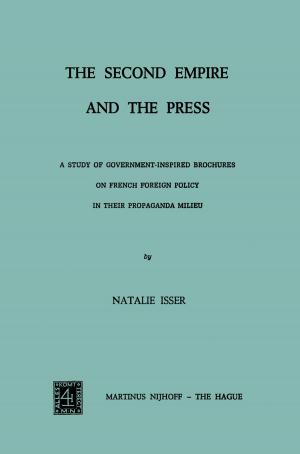| Author: | ISBN: | 9789401100878 | |
| Publisher: | Springer Netherlands | Publication: | December 6, 2012 |
| Imprint: | Springer | Language: | English |
| Author: | |
| ISBN: | 9789401100878 |
| Publisher: | Springer Netherlands |
| Publication: | December 6, 2012 |
| Imprint: | Springer |
| Language: | English |
The basic aim of this special issue is to focus on the profound change of tendency in education that is taking place at both the national and interna tional level. At a time when education and lifelong learning are increasingly merging into one process, it is important to examine the ways in which edu cational policies and practices are evolving. Consequently, we invited a variety of contributors, both men and women, coming from different regions and encompassing both research and practice, to identify significant phenomena and trends that are indicative of the ways in which systems of education are responding to new social and cultural demands. We asked our contributors to show how educational reality in different countries is no longer confined within the temporal and spatial limits of institutional education, to indicate how models of educational practice are changing, to examine the extent to which the traditional cycles of human life are shifting their boundaries, and to describe how these changes are mani festing themselves in different national contexts in both South and North. We also asked our authors to pose questions raised by this educational revolution. We have included 17 contributions, some of the authors analysing par ticular national situations, others drawing questions and observations from their own experiences or taking a searching look at education from the perspective of a practical involvement in social iSl>ues or from a background of research into popular arts and traditions.
The basic aim of this special issue is to focus on the profound change of tendency in education that is taking place at both the national and interna tional level. At a time when education and lifelong learning are increasingly merging into one process, it is important to examine the ways in which edu cational policies and practices are evolving. Consequently, we invited a variety of contributors, both men and women, coming from different regions and encompassing both research and practice, to identify significant phenomena and trends that are indicative of the ways in which systems of education are responding to new social and cultural demands. We asked our contributors to show how educational reality in different countries is no longer confined within the temporal and spatial limits of institutional education, to indicate how models of educational practice are changing, to examine the extent to which the traditional cycles of human life are shifting their boundaries, and to describe how these changes are mani festing themselves in different national contexts in both South and North. We also asked our authors to pose questions raised by this educational revolution. We have included 17 contributions, some of the authors analysing par ticular national situations, others drawing questions and observations from their own experiences or taking a searching look at education from the perspective of a practical involvement in social iSl>ues or from a background of research into popular arts and traditions.
